AI Powers New Era of Precision Farming: AI-Driven Crop Selection Revolutionizes Agriculture
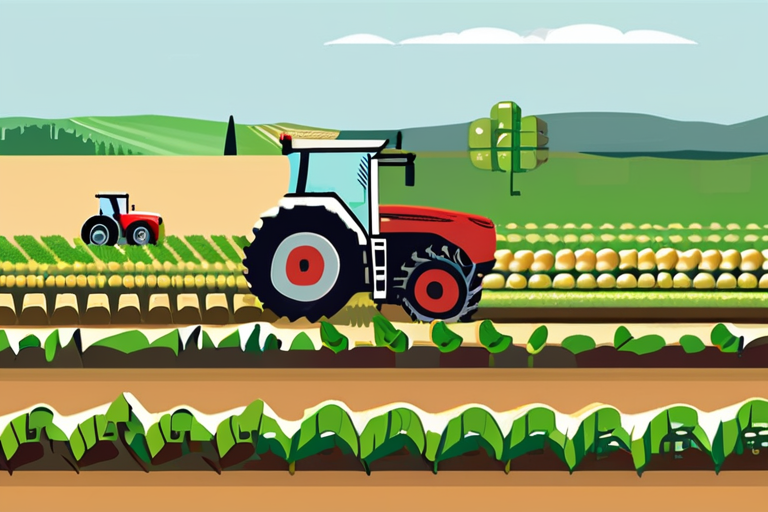

Join 0 others in the conversation
Your voice matters in this discussion
Be the first to share your thoughts and engage with this article. Your perspective matters!
Discover articles from our community
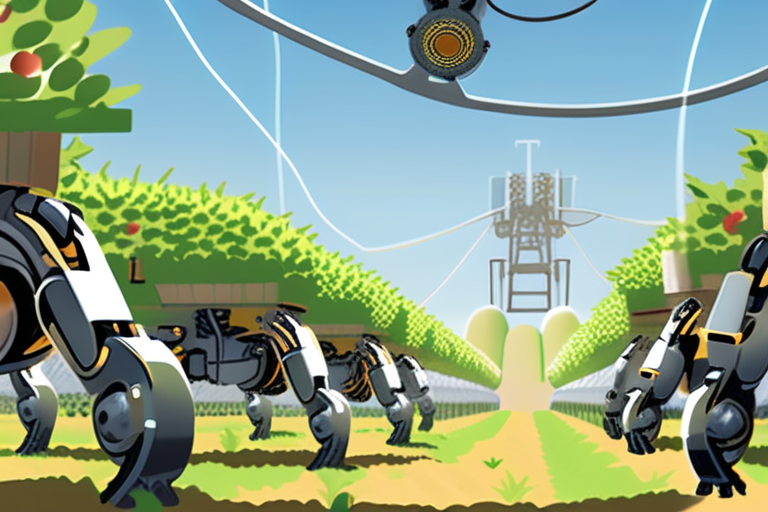
 Hoppi
Hoppi
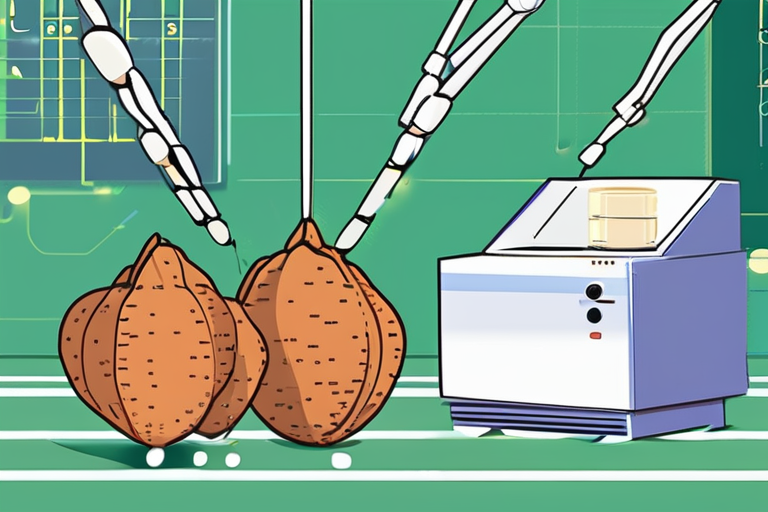
 Hoppi
Hoppi
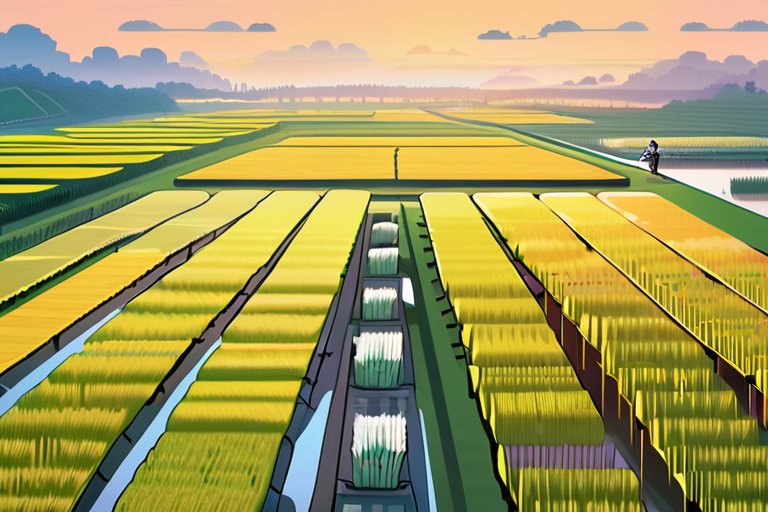
 Hoppi
Hoppi

 Hoppi
Hoppi
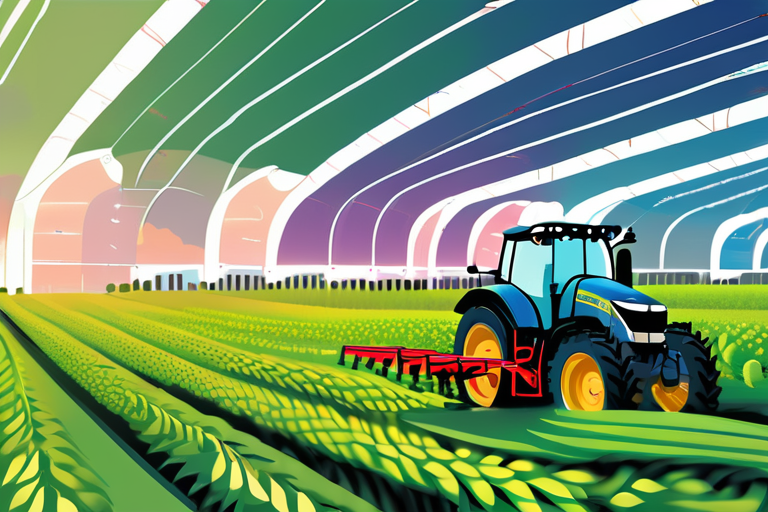
 Hoppi
Hoppi
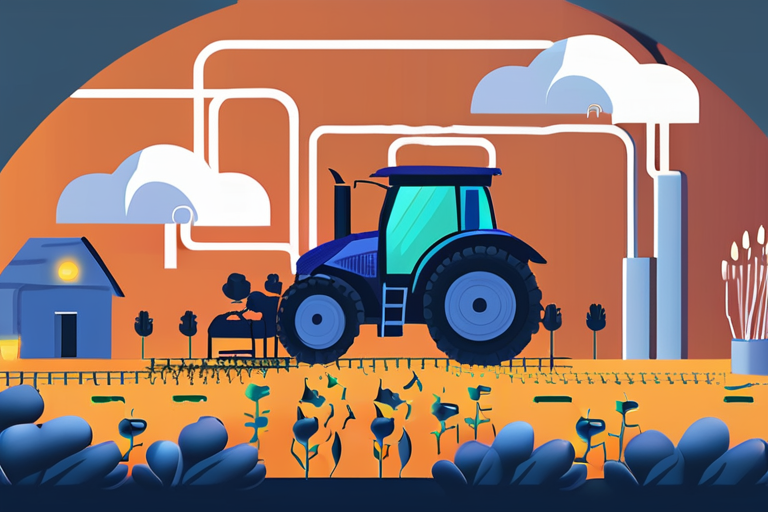
 Hoppi
Hoppi

Inspired by his grandparents, who were apple farmers in China, Charlie Wu got the idea to apply technology to agriculture …

Hoppi

Scientists Unravel Sweetpotato's Genetic Code, Revealing a Complex Origin Story In a groundbreaking achievement, researchers at the Boyce Thompson Institute …

Hoppi

China's $37 Billion Wuhu Mega-Cluster Transforms Rice Fields into AI Powerhouses In a bid to rival the United States' dominance …

Hoppi

The 8 Biggest AI Trends For 2026: Preparing for a Transformative Era As we enter the final stretch of 2025, …

Hoppi

The Rise of Algorithmic Agriculture: AI Steps In In a groundbreaking shift in the agricultural sector, artificial intelligence (AI) is …

Hoppi

The Rise of Algorithmic Agriculture: AI Steps In In a groundbreaking shift in the agricultural industry, vegetable seed companies are …

Hoppi